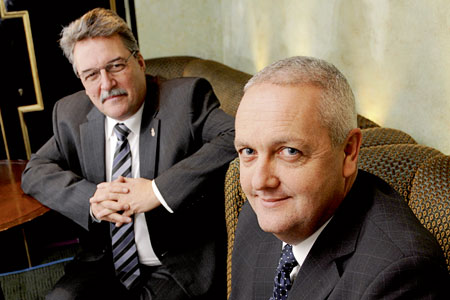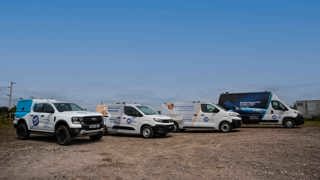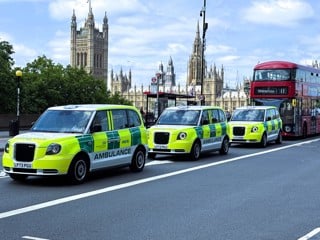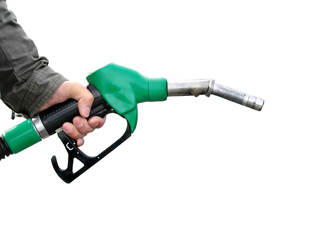Jones points out: “There are hundreds of units that all operate differently and have different demands and capabilities. Each unit is a study in its own right.”
Telematics is also being used to change how vehicles are driven, although this wasn’t part of the business case.
The system gives drivers real time feedback through a series of lights on the dashboard.
“We’ve recently gone through a process of blind testing,” Jones says.
“We took the feedback device out of the vehicle, ran it for a while and measured what the behaviour was and then put it back in.
"There’s a clear difference when the drivers don’t know how they’re being measured and when they do. The lights on the dashboard are invaluable.”
Spiller adds: “We’ve got thousands of people driving vehicles and that can be difficult to manage. The lights on the dashboard remind them to drive sensibly.”
There was some initial reluctance from drivers to telematics, mainly because they felt it was a ‘spy in the cab’, but Spiller points out that checking up on drivers wasn’t the purpose of fitting it and the doubters are now “coming round to the idea”.
Telematics can also be used to protect the driver in the event of a false claim.
“If the driver is involved in a crash they have the data to prove they were driving safely,” Spiller says.
Olympic challenge: ‘an unforeseen sudden requirement’
What makes managing the MOD fleet different to others, says Julian Jones, is that there can be “an unforeseen sudden requirement”.
Take last year’s London Olympics, for example, when the MOD had to step in to help with security.
“During the peak of the Olympics the MOD was moving 7,500 troops in and out of the centre of London,” Jones says.
The Phoenix team had to supply 50 coaches a day in the lead up to the Games and 100 coaches a day at peak.
“To suddenly find those when most of the coaches in the south of England had already been secured two years earlier proved an interesting challenge,” he says.
Getting the coaches was just one aspect of the operation.
Four weeks before the Olympics took place, training, security and route programmes were underway.
Some of the logistics to consider were refuelling, how the service maintenance personnel would get into the areas where the coaches were operating from and where the drivers would stay.
Jones says that the 2005 fuel strike stood Babcock in good stead for the Olympics.
“We learned a lot from that and how to gear up when we needed to in order to supply to the MOD,” he says.
“Some of the MOD requirements are very much ‘now’. Other customers can probably plan a lot of their business a significant time ahead but the MOD doesn’t always have the luxury of six or 12 months planning.
It’s a case of ‘it’s happening tomorrow and we need it’.”
Smart procurement cuts CO2
Average CO2 emissions for the car fleet are already below the 130g/km Government target.
Julian Jones believes through “smart procurement” with GPS the MOD will continue to be on track to meet the 2015 target of sub-100g/km.
“There’s a balance to be had between procuring huge amounts of vehicles in one go at e-auction and procuring just enough so you can take advantage of smart technologies as and when they arrive,” he says.






















Simon Clarke - 08/03/2013 14:55
in my professional opinion this saving is not only unrealistic but also unreachable. any fleet management company worth its salt would need to be robust and say up front a massive number of fleet vehicles would need to go.